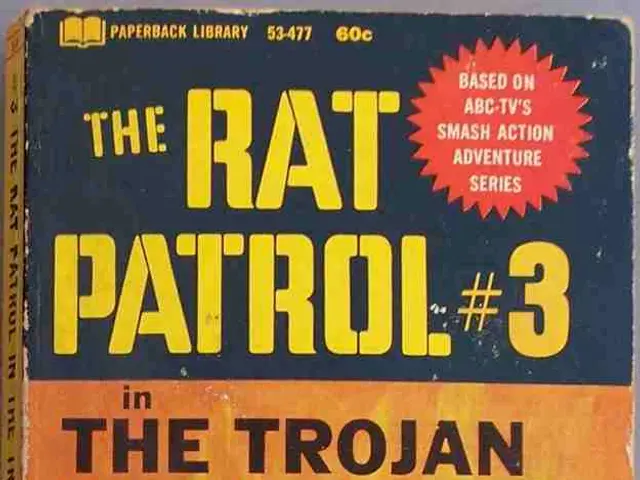Take Control of Your Gaming Habits: Strategies for Overcoming Addiction
Gaming's Hidden Downside: Are We Unnervingly Unfulfilled?
In recent years, the rise of gaming addiction has become a growing concern. If you're finding it difficult to manage your gaming time, or if it's affecting your relationships and daily life, here are some effective strategies to help you regain control:
Set Healthy Boundaries
Just like you schedule time for work or sleep, reserve specific hours for gaming. Keep gaming devices out of your bedroom, and engage in other hobbies to add variety to your life.
Embrace Therapy
Consider talking to a professional who specializes in gaming addiction. Cognitive Behavioral Therapy (CBT) is a gold-standard treatment, helping you identify negative thought patterns and develop practical skills for recovery [1][2]. Don't hesitate to seek help from residential addiction treatment programs if necessary [3].
Lean on Family and Friends
Family therapy can play a crucial role in your recovery. It provides a platform for improved communication and stronger support systems [4].
Consider a Digital Detox
Programs designed to help individuals reduce their dependency on gaming by reconnecting with real-life activities can be beneficial [3].
Embrace Holistic Support
Combining evidence-based therapies with holistic practices, such as art or music therapy, can help build a fulfilling real-world life [3].
Foster a Positive and Inclusive Gaming Community
Creating a supportive gaming environment can contribute significantly to your recovery and overall well-being. These elements can help:
- Community Support: A supportive community offers encouragement, accountability, and an emotional outlet while you work towards recovery.
- Balanced Gaming: By encouraging balanced gaming habits, such as setting limits and engaging in other activities, you can prevent relapse and maintain a healthy lifestyle.
- Healthy Gaming Culture: Foster a culture that values responsible gaming and healthy practices to minimize the stigma of seeking help.
- Alternative Activities: Offer alternatives social activities and hobbies within the gaming community to help you discover new interests outside of gaming.
Remember, gaming should bring joy and connection to your life, not instigate stress and isolation. By setting boundaries, seeking effective treatments, and fostering positive and inclusive gaming communities, you can overcome addiction and enjoy gaming in a balanced and healthy way.
References:
- Young, K. S. (1998). Internet addiction: The emergence of a new clinical disorder. CyberPsychology and behavior, 1(5), 237-244.
- Grusel, C., & Merle, R. (2017). A systematic review on effective treatment methods for problematic video game use in children and adolescents. Computers in Human Behavior, 71, 131-143.
- International Center on Gaming Disorders (ICGD). (n.d.). Retrieved from https://www.icgd.org/
- Estate Mayer I., Valkenburg P. M., & Schouten J. (2007). Three faces of family support in the recreational Internet use of youth. CyberPsychology & Behavior, 10(6), 858-865.
In the realm of holistic support, exploring alternate forms of therapy like art or music can complement evidence-based treatments in overcoming gaming addiction and promoting a fulfilling non-gaming life.
Social media platforms can play a pivotal role in fostering a positive and inclusive gaming community, offering support, accountability, and an emotional outlet for individuals seeking recovery.
Balanced mental health, in addition to gaming, is essential for overall well-being and can be achieved by embracing science-backed therapies, such as Cognitive Behavioral Therapy (CBT), while actively participating in health-and-wellness activities like exercise or mindfulness practices.








